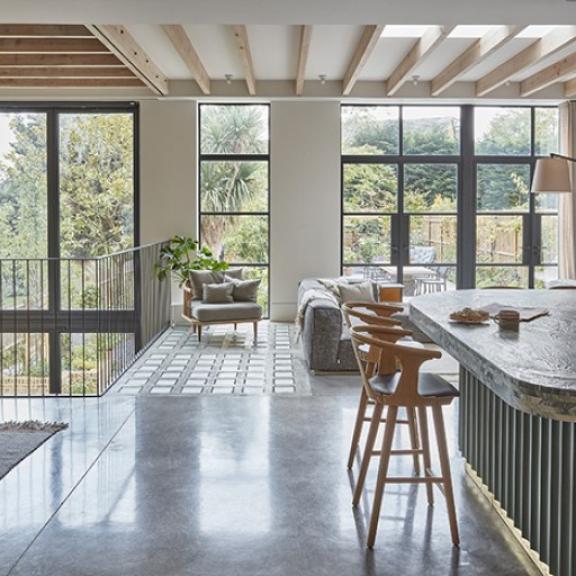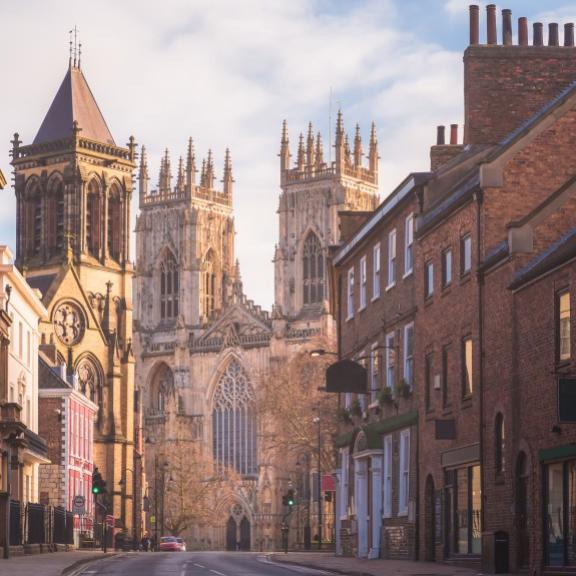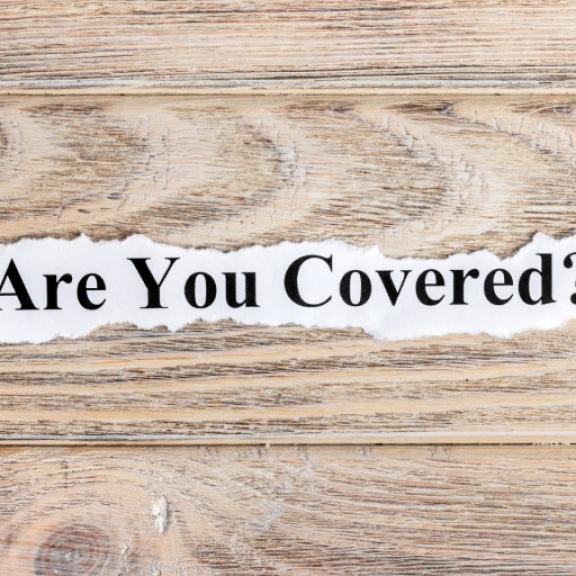Money laundering compliance: what you need to know
Interior designers must comply with money laundering regulations in specific circumstances. Discover if that applies to you and what steps you should take if so

As an interior designer, you might think that you don’t need to concern yourself with the Money Laundering Regulations – but that may not be the case. Your work might make you what’s known as an art market participant, so it’s vital to be aware of the rules and register with HMRC if necessary. Fail to comply and you’re exposed to financial, criminal and reputational risks. We’ve put together the details.
The regulations
The Money Laundering, Terrorist Financing and Transfer of Funds (Information on the Payer) Regulations 2017 – to give them their full title – require some businesses and individuals to register with HMRC and comply with the regulations. The regulations apply to a range of different businesses, including financial and credit businesses, estate agents, and independent legal professionals. However, they also apply to interior designers who, in helping clients buy art, meet the criteria of ‘art market participants’ since the art market is vulnerable to abuse by money launderers, and this is the reason why you might need to register and know the rules.
Art market participants
An art market participant is defined as a company or sole practitioner who is ‘“by way of business” trading in, or acts as an intermediary in, the buying or selling of works of art where the transaction value (or a series of linked transactions) is 10,000 euros or more’. Thus, assisting clients in buying works of art could make you subject to the regulations and that includes when transactions are conducted abroad. If you aren’t sure whether your activity is ‘by way of business’ and have consulted the information on who needs to register for money laundering supervision, then contact HMRC about money laundering for advice.
If you meet the criteria as an art market participant, you are obliged to register with HMRC and pay registration fees. You should register with HMRC online, where you can also update the registration as required.
As with other business sectors covered by the regulations, an art market participant must not trade without registering with HMRC, which stipulates: ‘Trading while not registered is a criminal offence. It may result in a penalty or prosecution.’
How to register
Before registering, there are a number of steps it is necessary to take. The first is to assess the risk that your business could be used for money laundering, including terrorist financing. HMRC specifies that you must use what’s known as a risk-based approach to money laundering.
The risk-based approach asks you to: identify the money-laundering risks relevant to your business; carry out a risk assessment of the business; carry out a risk assessment of your customers; design and implement controls that manage and reduce these risks; monitor the controls and improve their efficiency; and keep records. HMRC’s guidance on risk assessment provides further detail, and it also offers guidance for art market participants on their obligations regarding money laundering supervision, customer due diligence and reporting suspicious activity.
There’s a HMRC video on registering for anti-money laundering supervision you can view, too.
Be mindful that if you haven’t put in place the policies, controls and procedures that manage and mitigate the risks identified by the assessment, HMRC states that the application for registration will be rejected.
After an application to register
HMRC will carry out approval checks once you’ve applied for registration and review the application. Bear in mind that this can take up to 45 days for a new application and could take longer if HMRC requires additional information. Once approved, registration has to be updated every 12 months.
Failure to comply with the regulations on money laundering creates major risks for interior designers and it’s therefore vital to be sure about whether assisting your clients in buying art makes you subject to them. If so, follow the risk assessment procedure then register with HMRC.
For more, register for the BIID’s anti-money laundering compliance for designers seminar, which will take place online and is free to members.
Explore the latest, member-exclusive, templates designed to make your life easier.
What happens to material samples once a project comes to an end? Discover Second Life Samples with Swatchbox.
With the launch of the new residential category for this year's awards, get inspired by these award-winning homes
Explore new resources from the BIID. Seeing a padlock? Just login or become a member to view.
With the launch of the new residential category for this year's awards, get inspired by these award-winning homes
Explore new resources from the BIID. Seeing a padlock? Just login or become a member to view.




